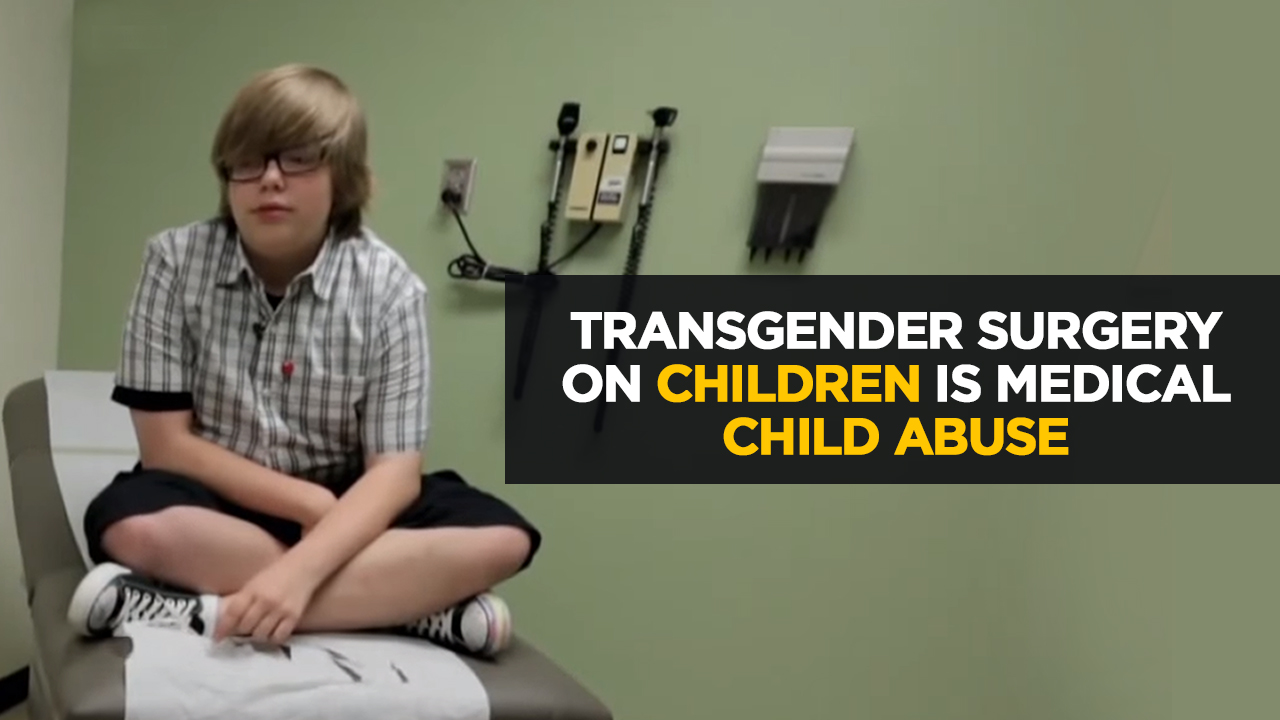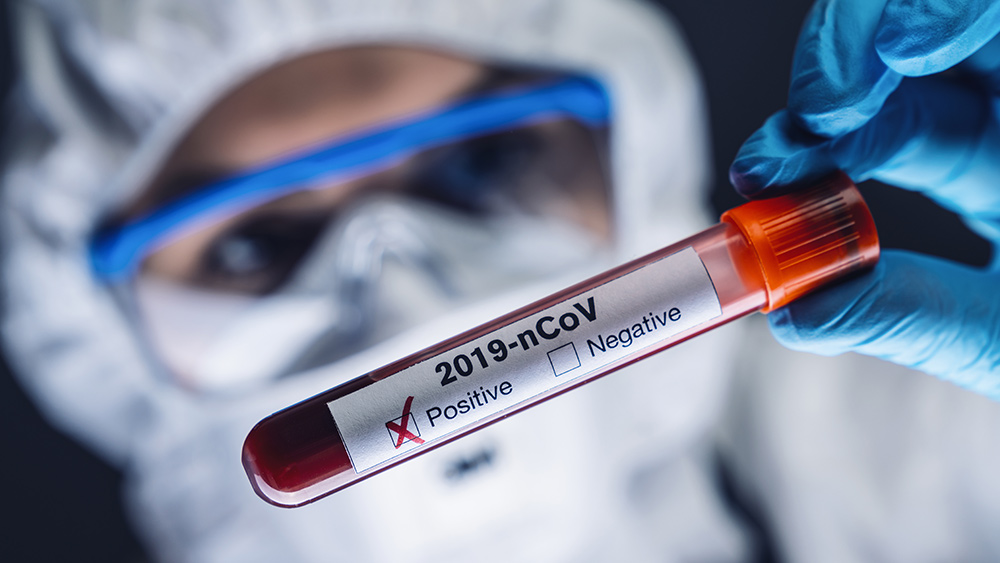Another biased study exposed: Transgender operations don’t improve mental health after all
09/19/2020 / By Cassie B.

A Swedish study that found people who claim to be transgender can gain mental health benefits by getting so-called gender-affirming surgeries has now been corrected after questions arose about its methods.
The original study was published in the American Journal of Psychiatry in October 2019 under the title “Reduction in mental health treatment utilization among transgender individuals after gender-affirming surgeries: a total population study.”
The journal received letters to the editor from 12 authors, which led to a reanalysis of the data used and a corrected conclusion that there were actually no improvements after surgical treatment after all.
Some of the clinicians who questioned the study’s legitimacy were Family Physician Andre Van Mol, Child and Adolescent Psychiatrist Miriam Grossman, Endocrinologist Michael Laidlaw, and Psychiatry Professor Paul McHugh.
One of the issues they cited were the three endpoints used in the study to determine the effectiveness of the interventions on mental health. They were healthcare visits for anxiety and mood disorders, post-suicide attempt hospitalizations, and prescriptions for anti-anxiety and antidepressant medications. It was these three points alone that the study’s authors used to conclude that gender-affirming hormones did not provide an effect but surgery did. The study’s authors even went so far as to say that their finding provided “timely support for policies that ensure coverage of gender-affirming treatments.” How convenient!
However, some experts criticized the unusual combination of data that they used to reach their conclusions. They overlooked other key data that was available, such as completed suicides, prescriptions, hospitalizations for medical or psychological diagnoses related to gender-affirming treatments and other information they could have easily obtained. This has led to accusations that they cherry-picked data to get the results they wanted.
More legitimate studies show the opposite effect
Moreover, a study considered one of the best of its kind, which was also from Sweden, reached a dramatically different conclusion. The 2011 Dhejne study looked at numerous Swedish registries pertaining to patients who underwent sex reassignment across 30 years. They matched population controls by birth sex, reassigned sex, and birth year.
When they followed them beyond ten years, they discovered that the group who had sex reassignment surgery had 19 times the completed suicide rate of the general population, as well as three times the rate of mortality from all causes and inpatient psychiatric care.
Ten months after receiving complaints about the study, the American Journal of Psychiatry printed the letters and a correction. The authors of the study were asked to reanalyze their data, and they found at that point there was no advantage to surgery for the three endpoints studied. In their response, they admitted their conclusion “was too strong.”
Dr. McHugh pointed out that he ended sex reassignment operations at Johns Hopkins Medical School after a study from his department found that patients’ mental and social health did not improve as a result. He says the study and even its correction can misdirect clinical thought, particularly in its presumption that these people will not have a problematic future despite evidence showing that many people will see their psychological state worsen over time. And some of the more devastating outcomes, like suicide, only emerged after ten years, which the paper did not consider at all.
In her expose on the transgender craze being fueled by social media, author Abigail Shrier reports that nearly all of the de-transtitioners she spoke to deeply regretted their actions. A 13-year-old girl is not emotionally mature enough to make a decision to have her breasts amputated and undergo testosterone treatments, and so much of this damage cannot be undone later. Those taking puberty blockers can experience permanent sterilization.
Dr. Van Mol’s team wrote in The Public Discourse: “These experiments are beyond reproducibility problems: they are ethical failures by which doctors cause long-term harm to children and adolescents, all based on political activism supported by faulty science.”
Unfortunately, the tricks used by the original authors are nothing new in the world of scientific studies. Researchers regularly skew data to ensure the outcome that they or their sponsors are seeking, and that is how we have ended up with rampant pesticide damage, dangerous medicines, and surgeries that cause the opposite of their stated outcomes.
Sources for this article include:
Tagged Under: bogus research, child health, Fact Check, gender reassignment, gender wars, LGBT, medical violence, mental health, Mental illness, politicized science, psychiatry, studies, suicide, transgender, Twisted
RECENT NEWS & ARTICLES
COPYRIGHT © 2017 JUNK SCIENCE WATCH


















